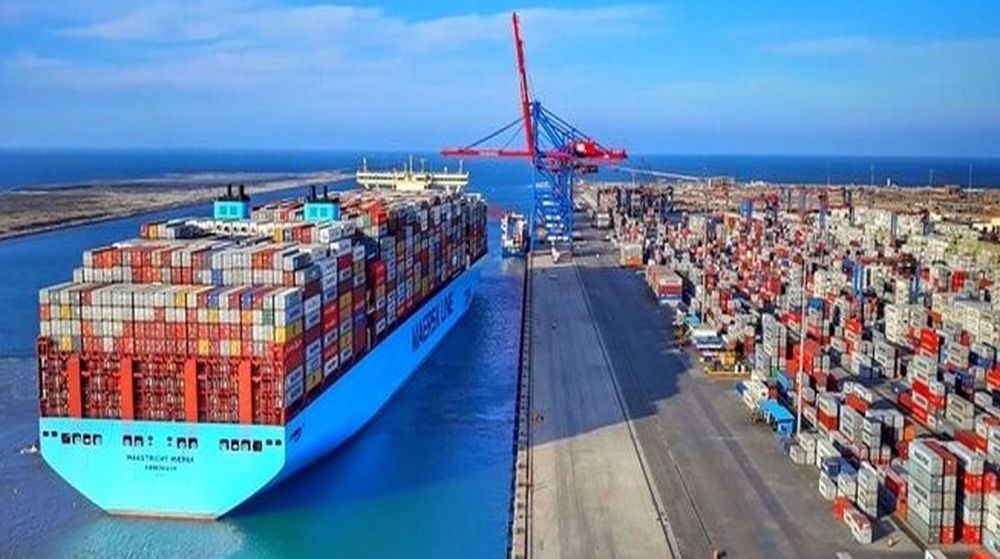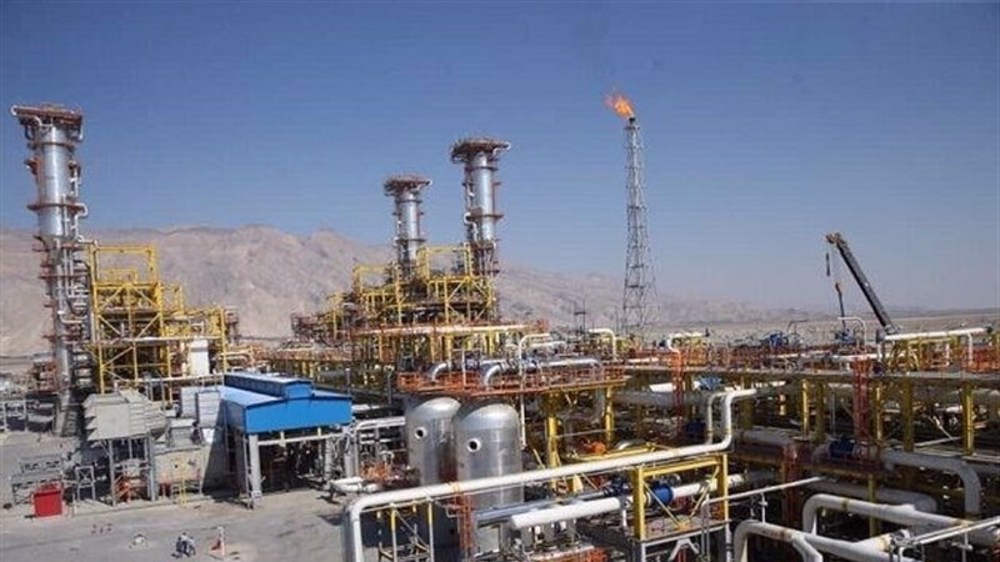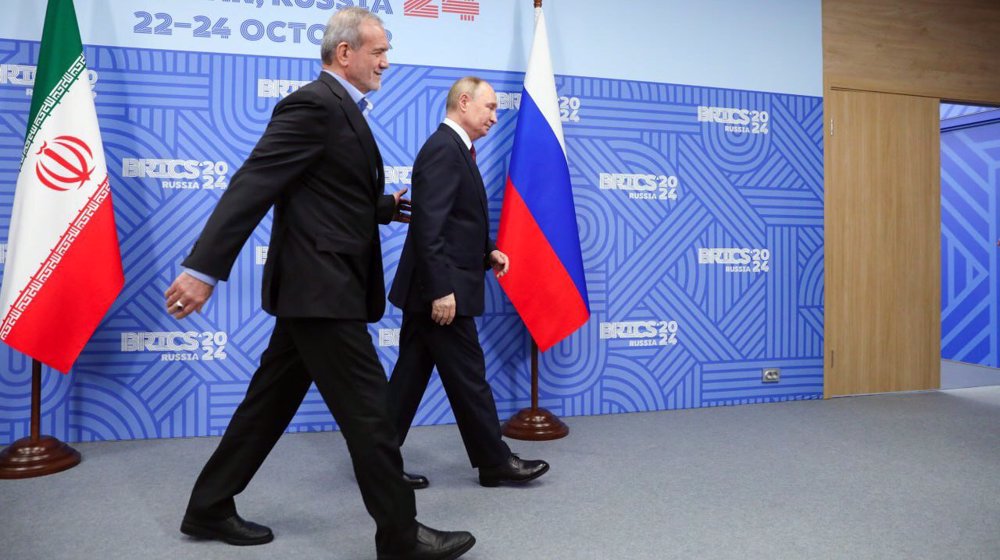Italy to fund 3 billion euros of projects in Iran
Italy will provide funding and insurance coverage for industrial, construction and infrastructure projects worth at least 3 billion euros in Iran which hosted the latest European delegation after the conclusion of nuclear talks.
“By the next three years, a credit line of at least 3 billion euros will be opened for the implementation of important projects in Iran,” IRNA quoted Italy’s Economic Development Minister Federica Guidi as saying in Tehran.
For the projects, Italy’s investment bank Mediobanca and its development ministry and export credit agency SACE signed an MoU with Iran’s economy ministry and central bank.
The memorandum will be executed upon the removal of the sanctions, with Mediobanca providing credit and SACE insurance for projects in Iran.
“The signing of the MoU is a major work which will help to overcome many problems and open a suitable atmosphere for execution of joint projects,” Guidi said.
She made the remarks after meeting Iran’s Minister of Petroleum Bijan Zangeneh in a session also attended by Italian Foreign Minister Paolo Gentiloni and Eni Chief Executive Claudio Descalzi.
Guidi said Iran lies at the heart of a regional market of 300 million people. “We can target this regional market through cooperating with Iran’s industrial sectors for joint production,” she said.

Italy remains one of Iran’s main commercial partners despite a steep decline in trade because of the sanctions. According to SACE, oil and gas, automotive, defense, transport and real estate offer the best opportunities for cooperation.
Annual trade stood at $7 billion before sanctions slashed it to $1.5 billion, Iran’s Economy Minister Ali Tayyebnia said. In their discussions, the two sides agreed on expanding commercial transactions, especially investment in Iran and promoting relations, he said.
According to SACE projections, removal of the sanctions against Iran could lift Italian exports to Iran by $3.3 billion in the next four years.
Guidi said Italy will certainly invest in Iran's car industry in near future. "The number of cars produced in Iran is high and this will not be limited to Iran's market," he was quoted as saying by the IRNA news agency.
The two countries also agreed on raising imports of oil by Italy from Iran and using new opportunities for joint investment in the exports sector, Tayyebnia said.
Foreign Minister Gentiloni led the Italian political and economic delegation on the visit to Tehran. They followed in the footsteps of officials from France, Germany and Serbia.
German Economy Minister Sigmar Gabriel was the first senior European official to visit Iran at the head of a large delegation followed by French Foreign Minister Laurent Fabius.
Spain and Switzerland are next to send their representatives for trade and financial negotiations.
Hot water and sewage: Palestinians share harrowing tales of torture in Israeli prisons
VIDEO | Thousands evacuated in Ethiopia amid earthquakes, volcanic eruption fears
Revealed: Israeli ministers eye restoration of illegal settlements in Gaza through genocide
How Los Angeles’ pistachio tycoons facilitated and profited from wildfires
Iraqi PM: Iran was in Syria to fight terrorism; presence requested by Damascus
Hamas: Israel's massacre in Jenin camp won’t break resistance
60 bodies recovered from abandoned South African gold mine: Police
Biden administration ‘quietly’ circumnavigating own ban on TikTok: Report










 This makes it easy to access the Press TV website
This makes it easy to access the Press TV website